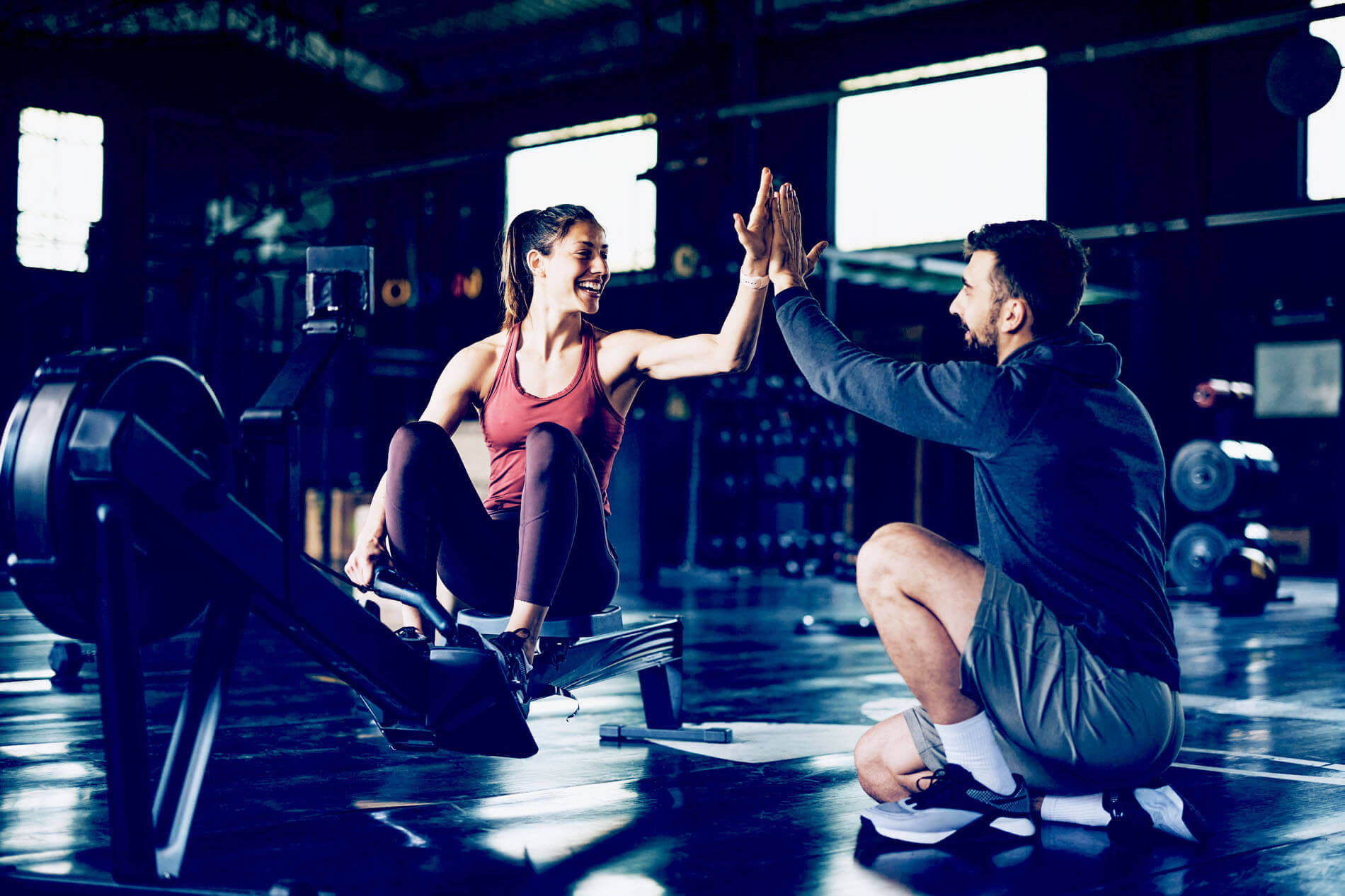Having your gym buddy shout “one more!” or give you feedback after every rep often works miracles in acutely improving your performance in the gym. But can feedback really improve your performance and does that carry over to long-term adaptations?
Overview
What did they test? The authors reviewed and meta-analyzed the current literature to examine the effect of feedback on resistance training performance and adaptations.
What did they find? Resistance training feedback can improve acute performance and chronic adaptations. Frequent feedback (e.g.: after each repetition) was more effective at improving performance than infrequent feedback (e.g.: after each set).
What does it mean for you? Receiving verbal or visual feedback during your resistance training sessions may help you perform better and make greater gains in the long run.
What’s the Problem?
From “all you bro” to lift-specific cues like “chest up”, acute training feedback is something that almost every lifter is exposed to at some point in their lifting career. Feedback during resistance training often comes in the form of an encouraging assessment of one’s effort after each repetition, usually reassuring the individual that they’re doing well and can keep going. It is not uncommon for people to yell things like “easy” or “you’ve got more” when providing feedback during a resistance training set, which I’m sure most of you have either experienced personally or at the very least, witnessed in some way or form in your training environment.
For many, having a fitness professional or a “lifting buddy” verbally assess their lift while they’re doing it can be a game changer for performance and is often something that people actively seek when looking to engage in resistance training. Training feedback does not only come in the form of another individual verbally assessing one’s performance. Still, it can also come in many other forms, like visual feedback e.g.: via a velocity tracking device that displays the bar speed after each repetition.

The benefits of feedback are also supported by research that has looked at the role of acute training feedback in many populations, including professional athletes 1. A 2011 study had professional rugby players perform squat jumps for 6 weeks, with one group receiving real-time feedback on the peak velocity of each squat jump while the other group did not receive any feedback. The use of real-time feedback had a high chance of improving performance for a few sport-specific tests (eg: 30-meter sprints, horizontal jump) and the authors concluded that aside from short-term performance benefits, the provision of feedback may translate to greater adaptations in the long run. When it comes to resistance training, previous studies have shown that acute feedback can improve bar speed, and training motivation and even result in changes in perception during training 2 3.
Although feedback seems to be promising for resistance training performance, it is currently not entirely clear whether long-term feedback results in greater long-term resistance training adaptations (e.g.: greater strength gains over time). It is also currently unclear whether specific types of feedback are superior to others and whether specific types of lifting benefit more from feedback than others (e.g.: when lifting heavy vs. light weights).







